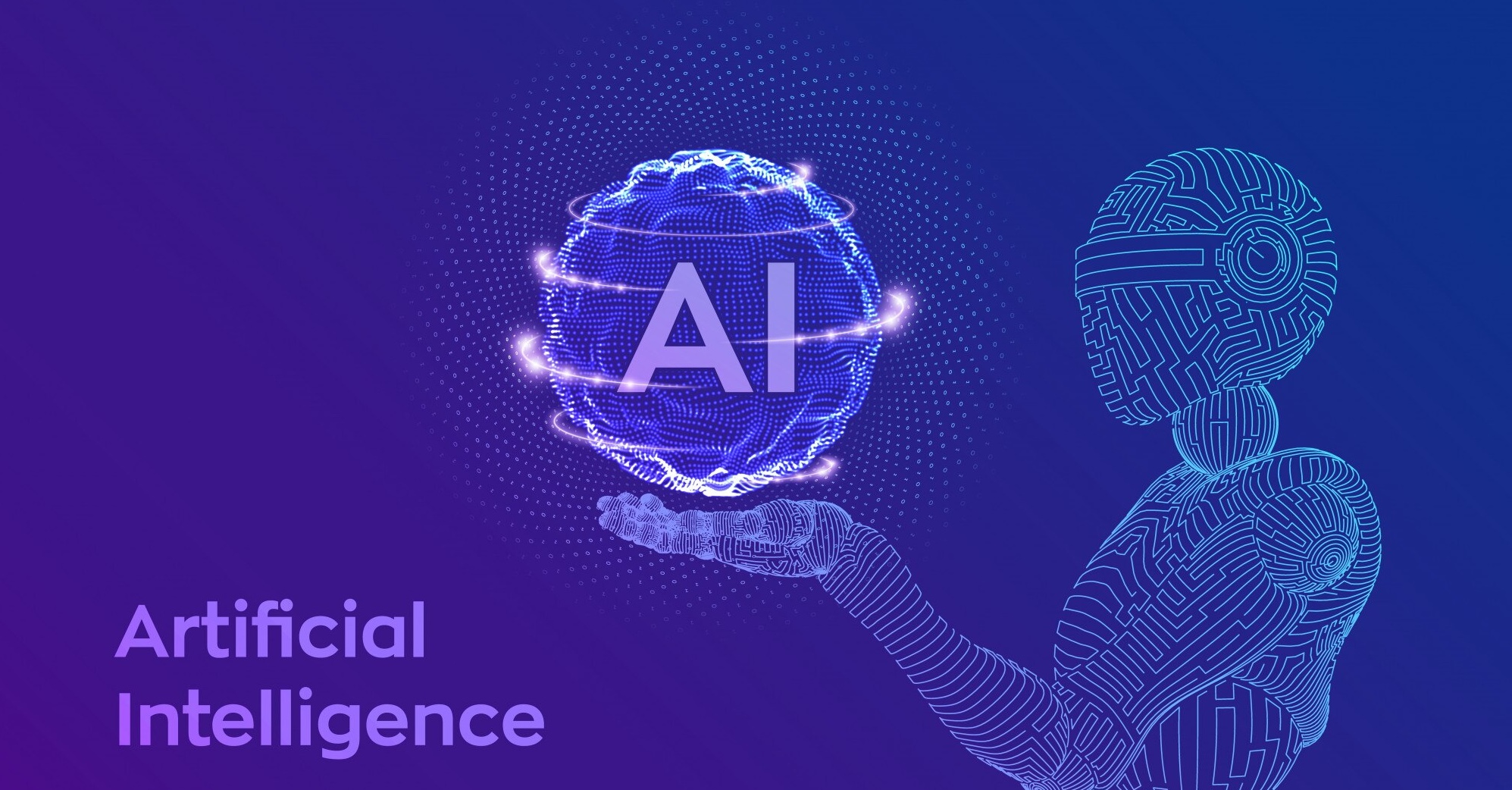Data Science vs. Artificial Intelligence & Machine Learning: What’s the Difference?
In today’s rapidly evolving technological landscape, it’s common to hear the terms Data Science, Artificial Intelligence (AI), and Machine Learning (ML) used interchangeably. However, while these fields are interconnected, they serve different functions and demand distinct skill sets. Understanding the unique roles of each helps clarify how they work together and why they are all crucial in today’s data-driven world.
What Is Artificial Intelligence and How Does It Connect to Data Science?
 Artificial Intelligence is a branch of computer science focused on building systems that can mimic human intelligence, allowing them to perform tasks like decision-making and problem-solving. AI-equipped systems can process and analyze vast amounts of data, adapt to new inputs, and make decisions independently, which has led to innovations in areas such as personalized recommendations, self-driving vehicles, and complex problem-solving across fields like finance, healthcare, and robotics.
Artificial Intelligence is a branch of computer science focused on building systems that can mimic human intelligence, allowing them to perform tasks like decision-making and problem-solving. AI-equipped systems can process and analyze vast amounts of data, adapt to new inputs, and make decisions independently, which has led to innovations in areas such as personalized recommendations, self-driving vehicles, and complex problem-solving across fields like finance, healthcare, and robotics.

Data Scientists play a vital role in AI by developing algorithms and systems to gather, process, and interpret data, which fuels AI models. For instance, predictive models used by AI systems rely heavily on data scientists’ work in discovering patterns and generating insights that drive intelligent decision-making.
What Is Machine Learning, and How Does It Connect to Data Science?
Machine Learning is a subset of AI that enables systems to learn and make decisions without explicit programming. ML focuses on creating algorithms that can analyze data, recognize patterns, and improve based on experience. This is the technology behind everyday conveniences like Netflix recommendations, smart home adjustments, and predictive healthcare monitoring.
Data scientists often use ML as a tool to analyze massive data sets. They create algorithms that help ML systems learn from data autonomously, amplifying the scale and speed of analysis. By leveraging ML, data scientists can make deeper insights accessible and actionable across various applications, from predicting customer behavior to optimizing business processes.
Differences Between Artificial Intelligence and Machine Learning
In a nutshell, AI is the overarching concept of machines replicating human intelligence, while ML is a method that facilitates this by allowing machines to learn from data. AI strives to create machines capable of complex decision-making, whereas ML focuses on teaching machines to learn and improve from data. Machine learning, often called “applied AI,” requires intensive monitoring to ensure ethical and accurate data processing, especially as the power and autonomy of AI continue to grow.
How Data Science, AI, and ML Work Together
The three fields work synergistically to bring advanced analytics to life. Data science fuels AI and ML with large volumes of accurate data and statistical models, essential for enabling autonomous learning. ML techniques further enhance data science by allowing algorithms to improve and adapt over time, which ultimately supports the development of sophisticated AI applications. Together, they empower systems to make accurate predictions and optimize tasks, from enhancing customer service to revolutionizing healthcare and cybersecurity.
Comparing Data Science, AI, and ML
Here’s a quick look at how each field uniquely contributes:
| Field | Focus | Applications |
|---|---|---|
| Data Science | Extract meaning from data for decision-making and planning. | Customer trend analysis, financial analysis, and business process improvements. |
| Artificial Intelligence | Enable computers to perform complex tasks like humans (reasoning, perception, communication). | Chatbots, voice assistants, autonomous vehicles, and robotic automation. |
| Machine Learning | Develop systems that analyze data, learn, and improve without explicit programming. | Personalized recommendations, predictive health monitoring, fraud detection, and smart home technology. |
Skills and Careers in Data Science, AI, and ML
Each field also has its distinct skill sets and career paths:
- Data Science: Requires skills in advanced mathematics, statistics, data visualization, database management, and programming. Job titles include Data Scientist, Data Engineer, Chief Data Officer, with salaries ranging from $112,000 to over $230,000.
- Machine Learning: Emphasizes skills in statistics, probability, data modeling, and NLP, with roles like Machine Learning Engineer, AI Consultant, and Solutions Architect.
- Artificial Intelligence: Involves skills in signal processing, neural networks, and reinforcement learning, with roles like Robotics Engineer, NLP Scientist, and Bioinformatics Specialist.
Education Paths for Data Science, AI, and ML Careers
For aspiring professionals, a solid foundation in mathematics, computer science, and programming is essential. Many data scientists start with a bachelor’s degree in computer science or data science, while a master’s degree—like Rice University’s Master of Data Science—can prepare individuals for higher-level roles in data science, AI, or ML, equipping them with hands-on experience in these fields.
In summary, Data Science, Artificial Intelligence, and Machine Learning are distinct but complementary fields shaping the future of technology. While data science provides the data and insights that power ML and AI, machine learning enables systems to evolve and improve autonomously, making AI-driven solutions more sophisticated and versatile. Whether you’re interested in pursuing data-driven business insights, building predictive models, or developing intelligent systems, each field offers exciting career opportunities that can lead to meaningful impact in today’s digital age.
Courtesy of inspiration and insights from Rice University’s Data Science vs. AI and ML blog.

